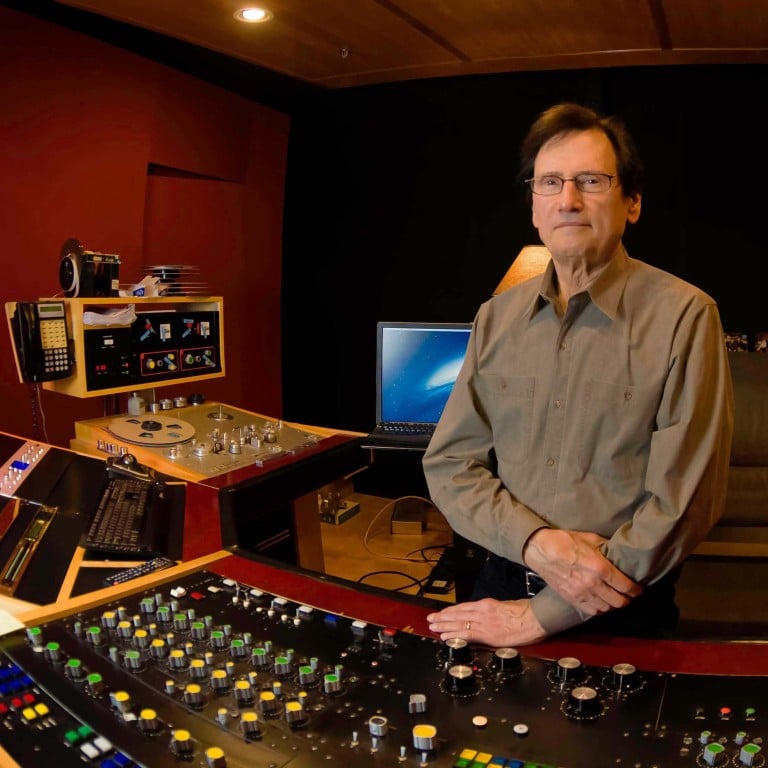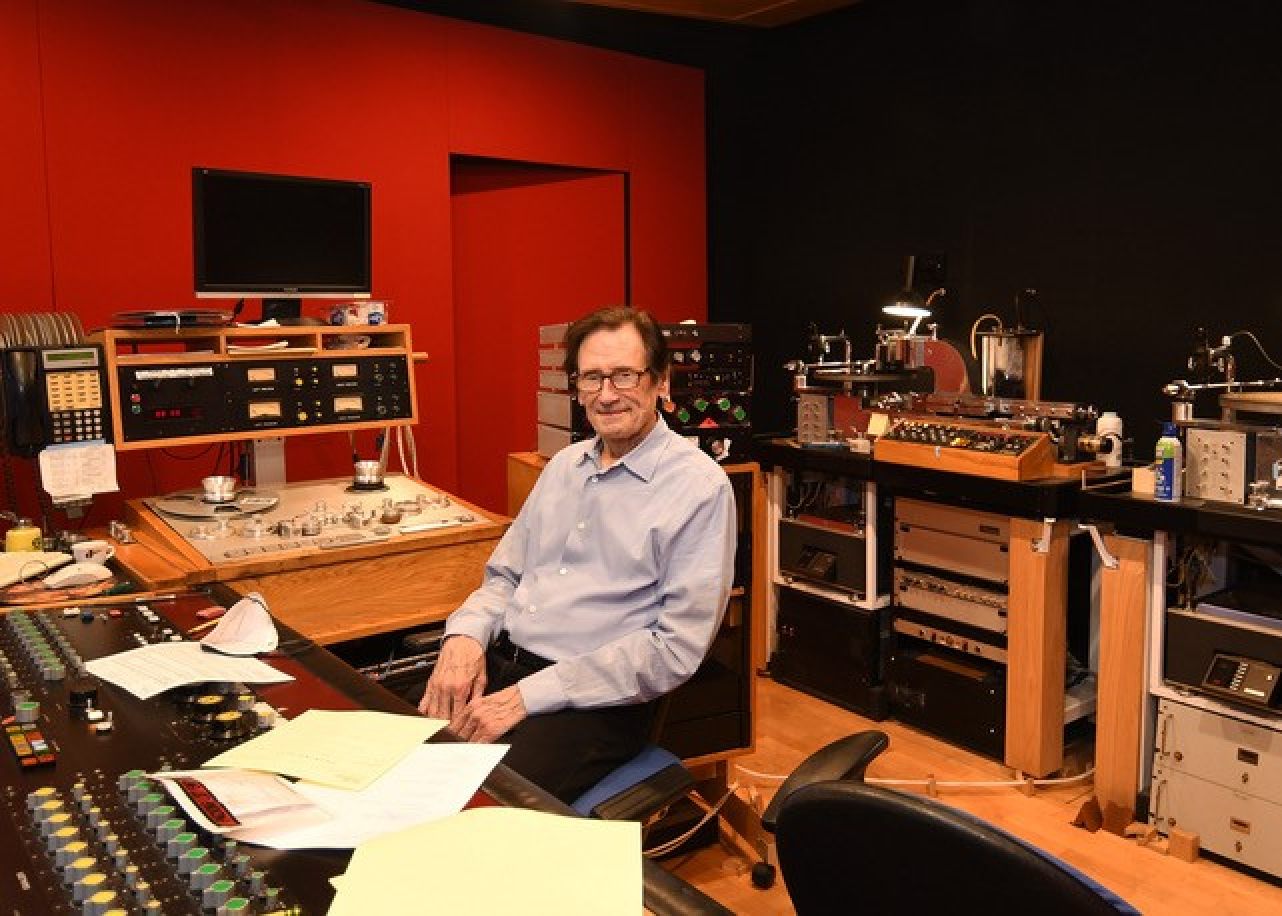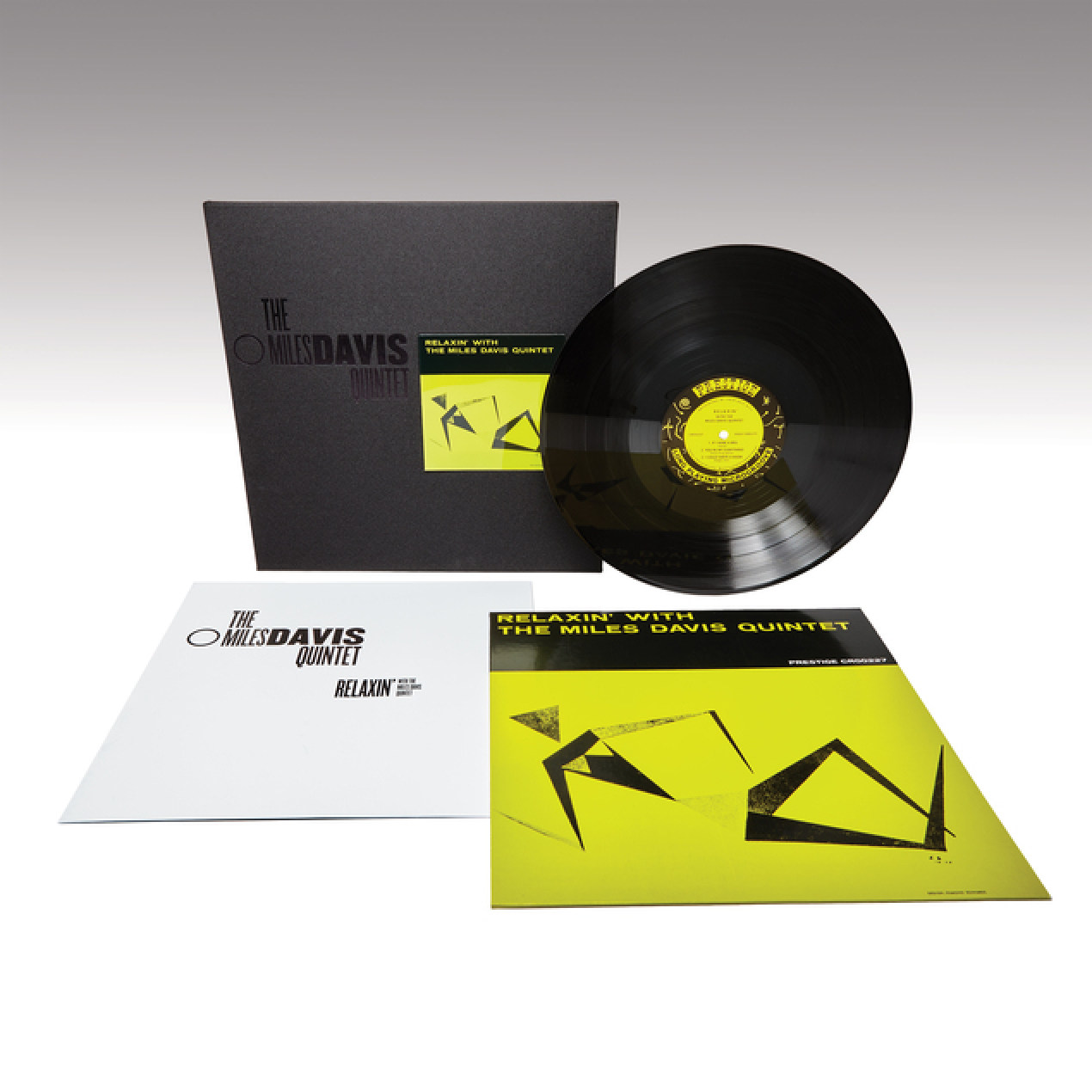When does vinyl really sound better than CDs? Bernie Grundman on mastering Craft’s Small Batch jazz series, working with Barbra Streisand, and why most modern LPs aren’t worth buying

“Is this an American story or what?” muses Bernie Grundman, a half-hour into unspooling the opening chapters of his life story – a tale that ended up with the 82-year-old becoming arguably the most in-demand mastering engineer in the world.
“Barbra Streisand has really good ears, engineers are always surprised,” he quips. “She’s a little bit temperamental – and she should be. It’s all backed up with her being a great artist, because she really knows when it’s not right – and she will tell you.”

We’re talking on Zoom from his Los Angeles studio because one of his latest projects sees the triple-Grammy-winner revisiting some of his former employer’s most storied recordings for Craft Recordings’ Small Batch series, a ridiculously nerdy audiophile reissue programme presenting classic Contemporary titles in lush vinyl remasters.
Each individually numbered record comes with an acrylic print, housed in linen-wrapped cases that are even opened with a ribbon. And limited to 4,000 copies, you can bet the US$110 price tag will be a fine investment on the resale market in no time – the definition of audio luxury, in short. “I knew Craft were going to do this so I went to them and said, I worked at Contemporary, I know how it’s done. This kind of music, I’ve been living with for a long time and I would like to have a chance at remastering these,” explains Grundman, “and they decided to let me do it.”
Tokyo Jazz Joints: Japan’s ‘jazz kissa’ cafe culture revealed in a new project
Since launching in 2020, the range has yielded just six releases, including the 1958 classic Relaxin’ with the Miles Davis Quintet, John Coltrane’s Lush Life (recorded in 57 and 58) and, most recently, Thelonious Monk’s masterpiece, Brilliant Corners (1957). In each case, Grundman has had the chance to go back to the original session tapes – rather than an archived digital copy – and cut fresh “one-step” lacquers for maximum fidelity, instead of the standard three-step process.

“It’s only about the music and making a faithful reproduction of those delicate acoustic instruments,” says Grundman. “You can’t do a lot of manipulations and plug-ins and computer stuff; you start doing that and you’re going to destroy all the subtleties, the overtones and resonances of the music. You want it really pure.”
All this attention to detail is intended to arrive at a product that many hope sounds better even than the original vintage LPs – which often command hundreds, if not thousands, of dollars. Grudman isn’t convinced: “I don’t know that it’s necessarily that much of an improvement – back then, the way they were made direct [to] the tape, so there’s less manipulation. The cleaner a recording is, the less you need to do to make it sound real. It’s just the way the music sounded.”

Craft isn’t the only company offering the all-analogue treatment – Grundman also does “a lot of work” for Analogue Productions, he reminds us – but the price point and presentation puts the Small Batch series among the higher end of things. One major competitor, Mobile Fidelity Sound Lab, was last year forced to shell out US$25 million in payouts to customers when it was revealed its “all-analogue” remasters in fact had a digital source. Does that hidden step really matter? “It does,” says Grundman unequivocally. “No matter what you do, it’s not going to be exactly like the source. I’m not saying you’re not going to like it – but you’re going to be missing stuff.”
Inside Cécile McLorin Salvant’s Grammy-winning ‘maximalist’ musical stylings

Having said that, the answer is not always vinyl. Craft’s all-analogue remastering efforts are admirable and have undoubtedly attracted a wider audience amid the endlessly expanding vinyl bubble – which shows no sign of abating with sales up more than a fifth in both the US and UK in the first half of 2023. However most of the new vinyl sold, whether of music new or old, still comes straight from a digital source – and Grundman is pretty clear that if it’s not all-analogue AAA, it’s better hanging on to that CD collection you probably already let go.
“If you’ve got a digital master, there’s no way the vinyl is going to sound better [than a CD],” he says. “A lot of the vinyl coming out now – just because vinyl got popular again – is coming from CD files. And it will never be as good as the CD.”

- The vinyl revival shows no sign of abating, but do LPs really sound better than CDs? The Grammy-winning engineer, who’s worked with Michael Jackson, Prince and Tupac Shakur, has the answer
- Bernie Grundman went back to Contemporary Records’ OG session tapes for new ‘one-step’ masters of classic Miles Davis, John Coltrane and Thelonious Monk albums for Craft’s Small Batch series